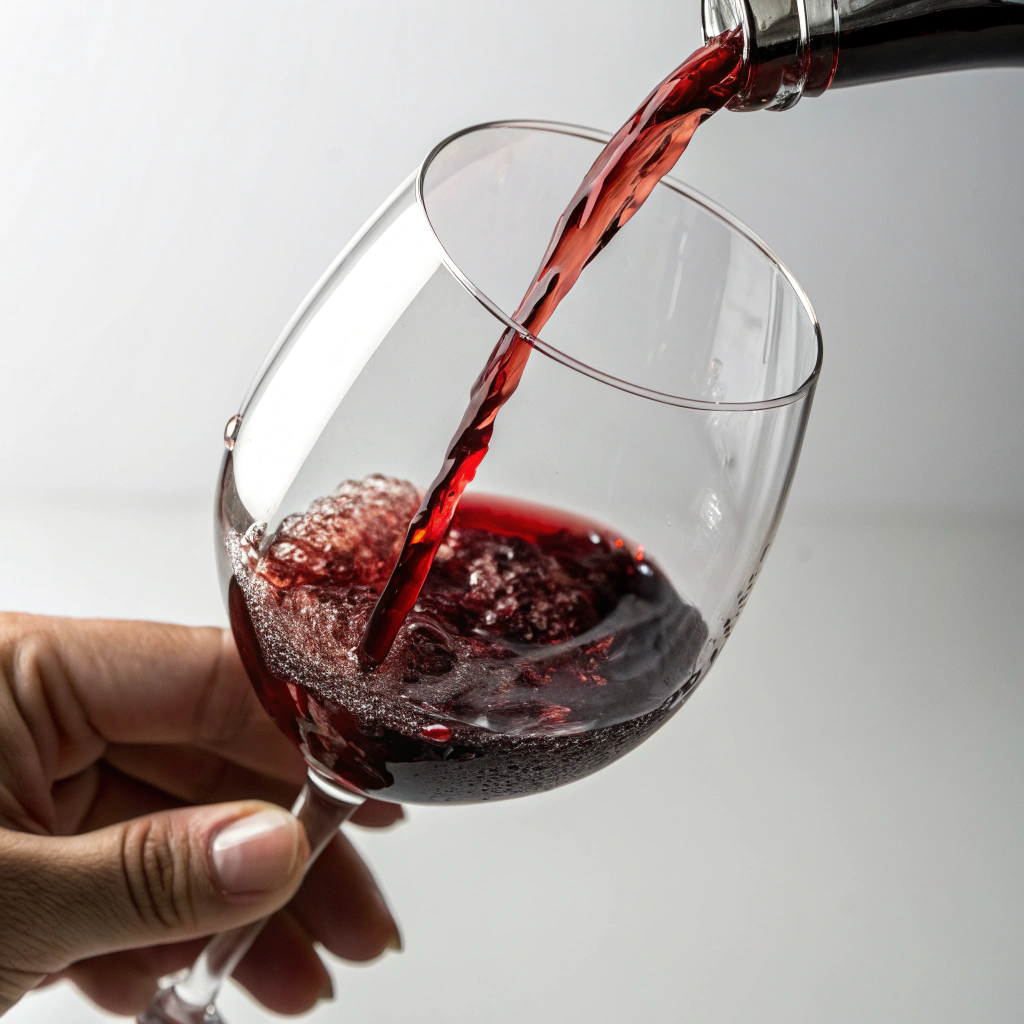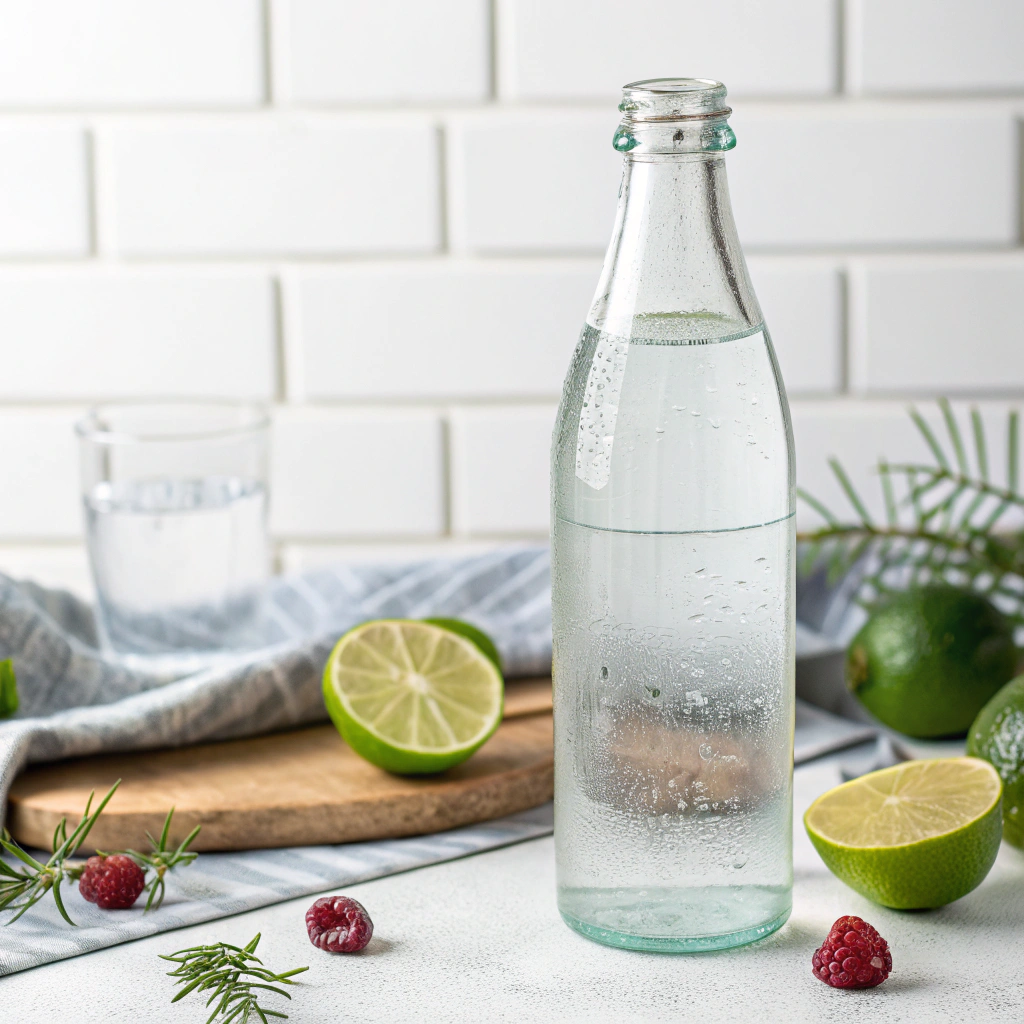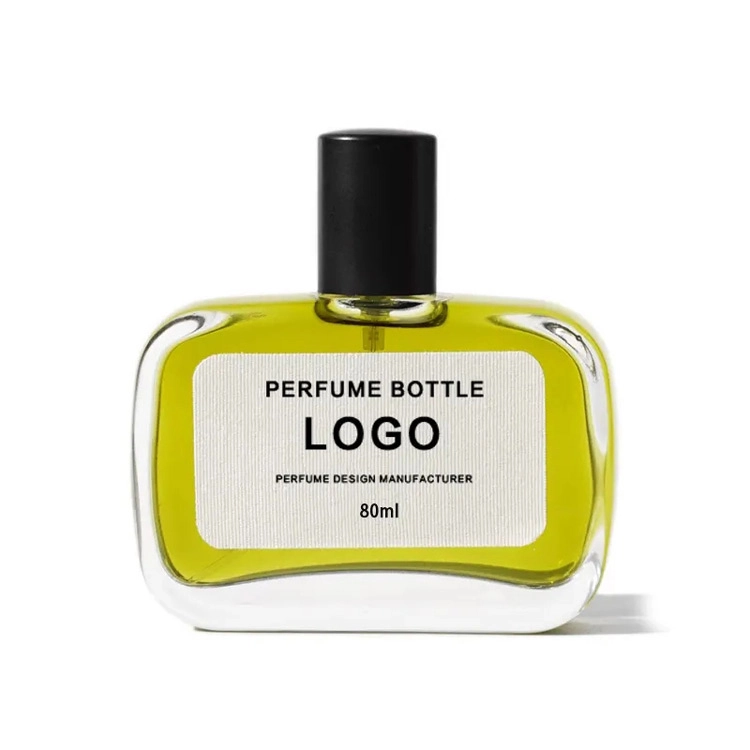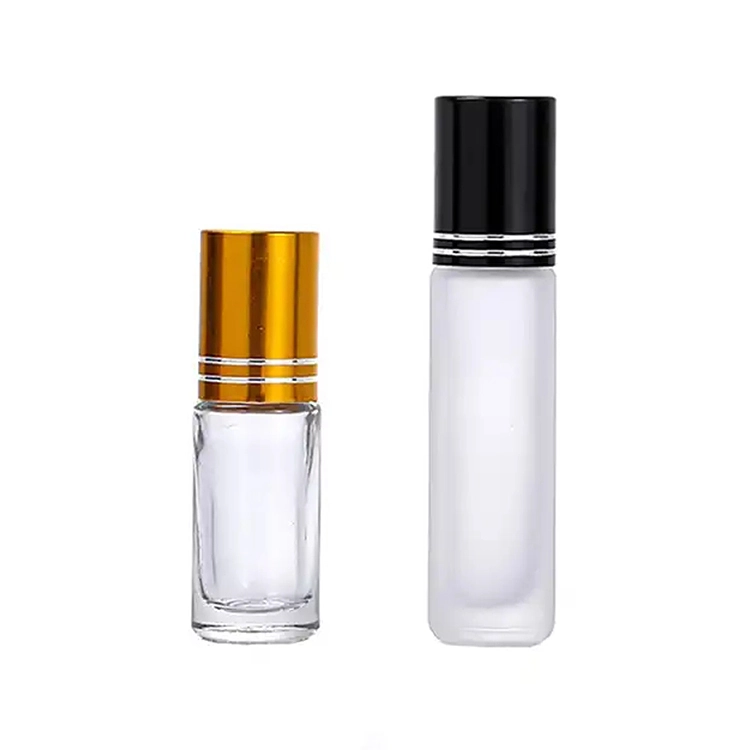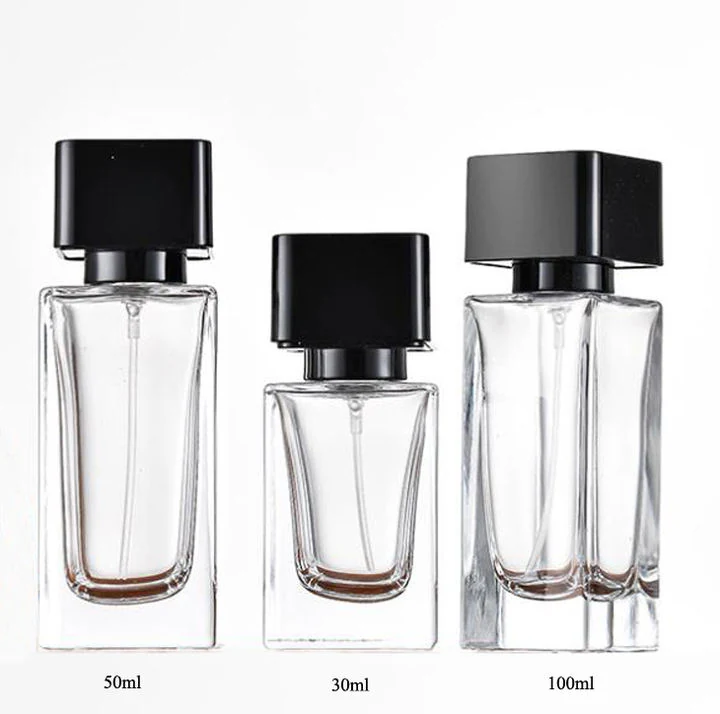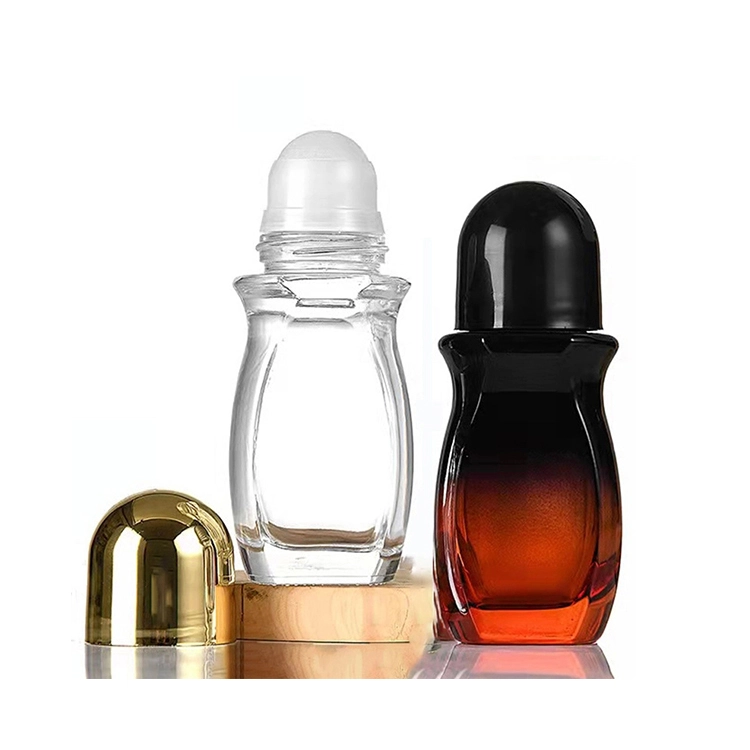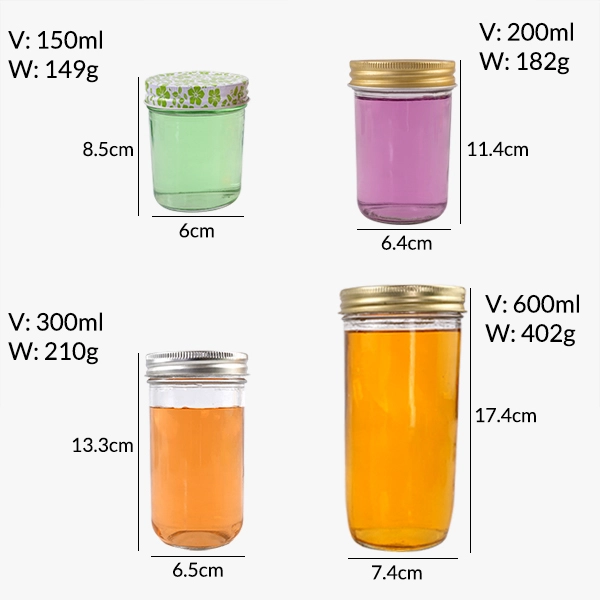
Part 1: Market Size and Growth
Malawi’s glass bottle market is modest but important for its breweries, distilleries, and agro-food businesses. Beer, soft drinks, and spirits make up the majority of demand, while honey, sauces, and fruit preserves also use glass jars. Tourism and exports to neighboring countries add further demand for premium packaging.
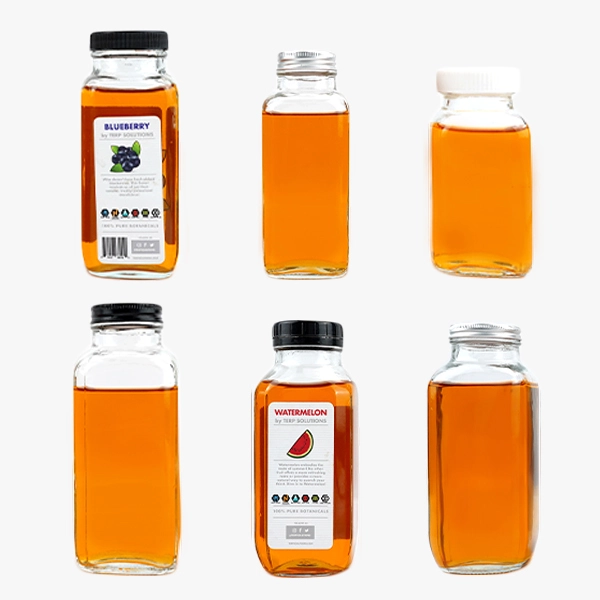
Most glass bottles are imported from South Africa, Tanzania, and Asia, as Malawi does not have large-scale local glass manufacturing. This reliance on imports makes trade agreements and logistics essential for supply stability.
Environmental policies promoting sustainability and the global reduction of single-use plastics also encourage the adoption of glass packaging. Glass is valued for its durability, reusability, and eco-friendly appeal.
Part 2: Leading Companies
Castel Malawi Brewery
Castel Malawi, formerly known as Carlsberg Malawi, is the country’s largest brewery. It produces beer, soft drinks, and bottled water, much of which is packaged in glass bottles.
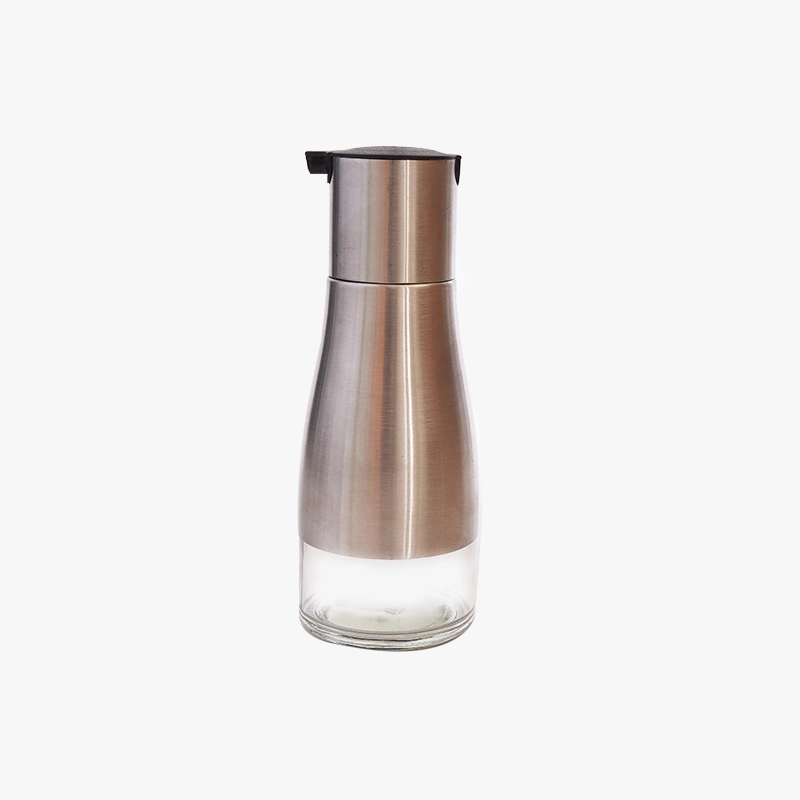
Its portfolio includes beer bottles, soda bottles, and malt beverages. Glass bottles are essential for maintaining quality and brand identity.
The company promotes bottle recycling and operates under Castel Group’s international standards for sustainability and quality.
Malawi Distilleries Ltd. (MDL)
Malawi Distilleries, based in Blantyre, produces spirits such as vodka, gin, and rum. All products are packaged in glass bottles for both domestic and regional markets.
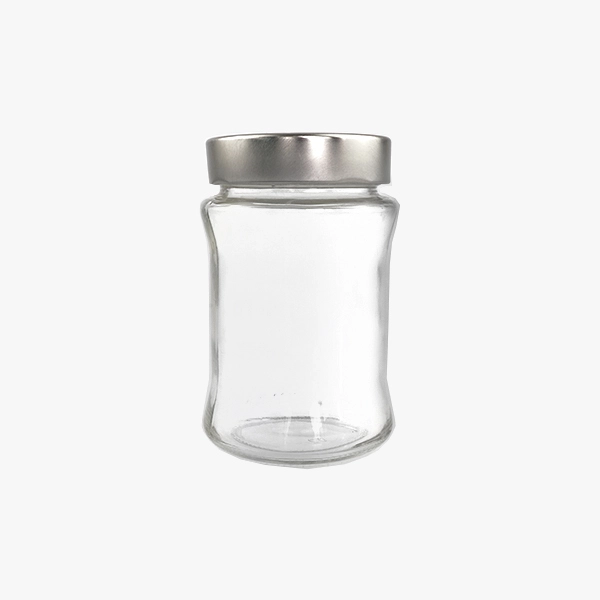
Its portfolio includes rum bottles, gin bottles, and liqueur containers. Glass ensures product authenticity and supports exports within Southern Africa.
The company complies with regional food safety and export certifications.
Agro-Food Producers
Small-scale agro-food producers in Malawi also package honey, fruit syrups, and chili sauces in glass jars and bottles. These businesses target both local consumers and niche international markets.
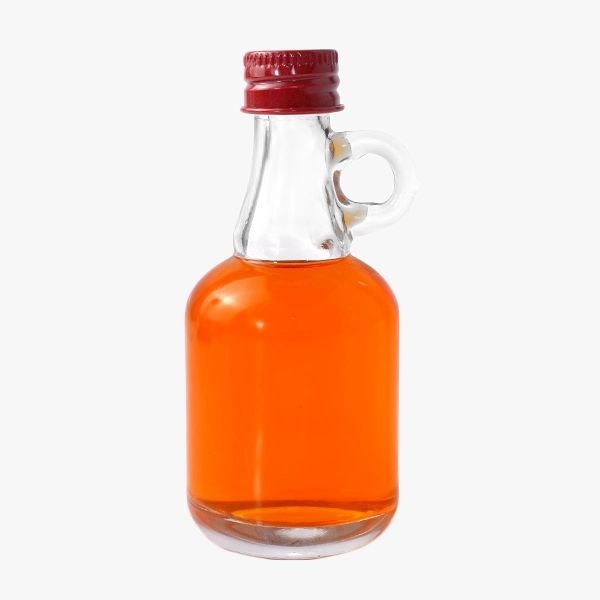
Products include honey jars, chili sauce bottles, and fruit preserve containers. Glass packaging adds premium value and helps small brands compete abroad.
They typically source bottles from South Africa or Tanzania and customize packaging locally.
| Company | Founded | Core Products | Industries | Certifications |
|---|---|---|---|---|
| Castel Malawi Brewery | 1968 (as Carlsberg Malawi) | Beer bottles, soda bottles | Breweries, beverages | ISO, Sustainability Standards |
| Malawi Distilleries Ltd. | 20th century | Vodka, gin, rum bottles | Spirits, exports | Regional Food Safety Certifications |
| Agro-Food Producers | 21st century | Honey jars, sauces, preserves | Agro-food, exports | Export & Food Standards |
Part 3: Trade Shows and Industry Events
Malawi International Trade Fair
The Malawi International Trade Fair, held annually in Blantyre, is the country’s leading business exhibition. Beverage and food companies showcase glass-packaged products to domestic and international buyers. It is a key platform for visibility and partnerships.
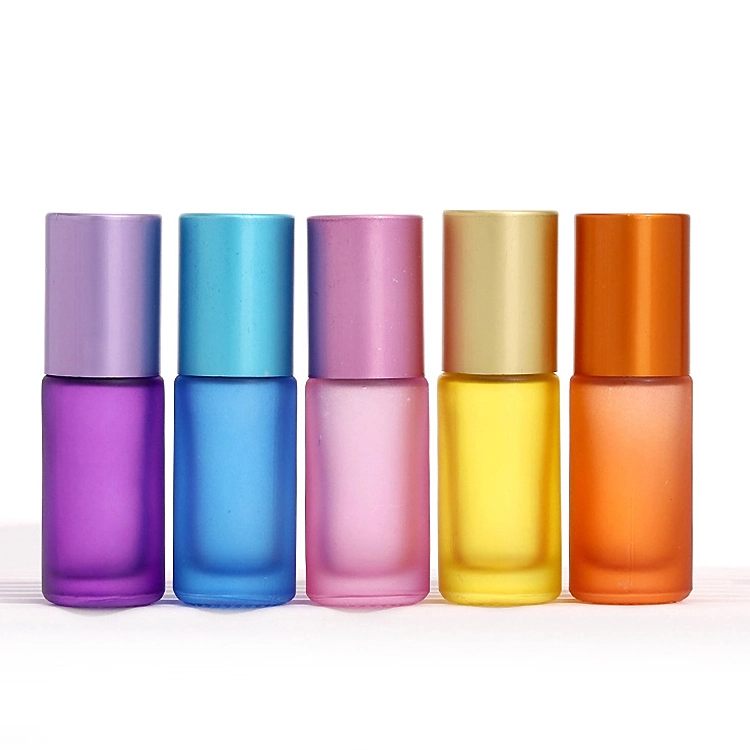
Highlights include product launches, packaging innovation, and export promotion opportunities.
SADC Industrialization Week
Malawian companies also participate in SADC Industrialization Week, a regional event that connects manufacturers and suppliers across Southern Africa. Glass packaging is highlighted as a sustainable and premium choice.
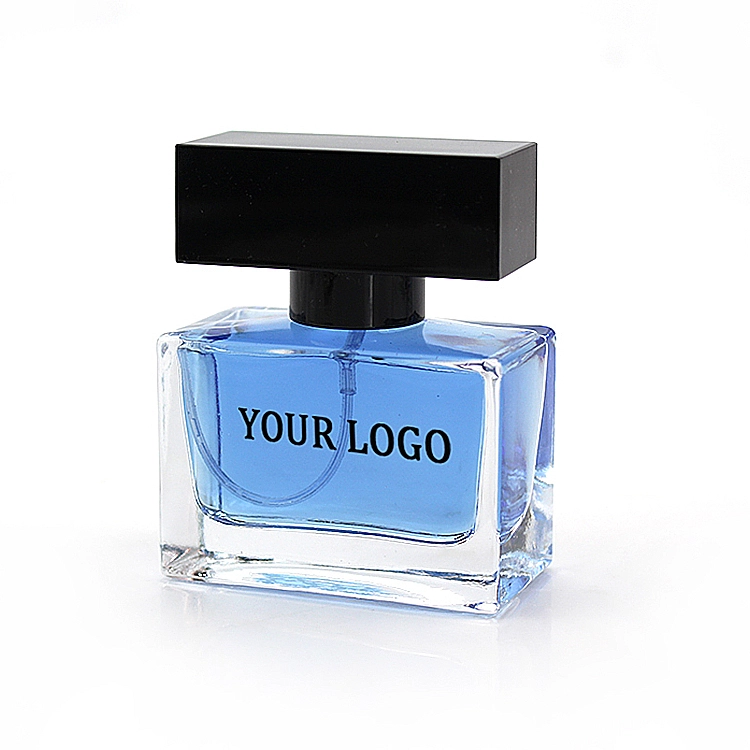
The event rotates across Southern African capitals, featuring trade integration, packaging sustainability, and regional supply chain discussions.
| Event | Date | Location | Highlights |
|---|---|---|---|
| Malawi International Trade Fair | Annual | Blantyre, Malawi | Beverage & food packaging, exports |
| SADC Industrialization Week | Annual | SADC region (rotating) | Glass packaging, sustainability, networking |
Part 4: Impact of Global Trade Policies
Malawi depends almost entirely on imported glass bottles, making trade agreements with South Africa, Tanzania, and Asia vital. Rising freight costs and tariffs directly impact availability. This reliance creates risks for local producers.
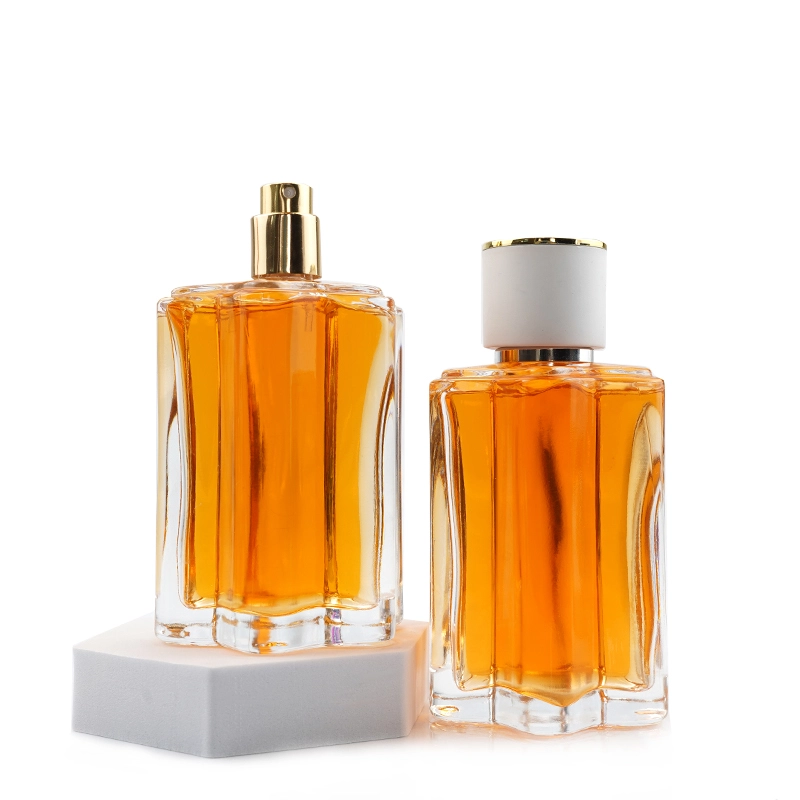
As a member of SADC and COMESA, Malawi benefits from reduced trade barriers in the region, which lowers costs and simplifies imports. This regional cooperation helps stabilize supply chains.
Global sustainability policies also encourage recycling and reuse of glass bottles. By aligning with these standards, Malawian producers can enhance competitiveness in both local and international markets.
Part 5: Conclusion
Malawi’s glass bottle industry is led by Castel Malawi Brewery and Malawi Distilleries, supported by small agro-food businesses. Beverages, tourism, and sustainability policies maintain strong demand for glass packaging.
Challenges include reliance on imports, high logistics costs, and limited domestic production. The future will depend on regional trade partnerships, eco-friendly initiatives, and premium export branding.
Recommended Reading:
- Glass Bottle Manufacturers in Luxembourg
- Glass Bottle Manufacturers in Liechtenstein
- Glass Bottle Manufacturers in Vietnam
- Glass Bottle Manufacturers in Liberia
- Glass Bottle Manufacturers in Laos
- Glass Bottle Manufacturers in Kyrgyzstan
- Glass Bottle Manufacturers in Kazakhstan
- Glass Bottle Manufacturers in Iceland
Glass Bottle Manufacturers in Thailand
300ml 500ml 32oz Glass Milk Bottles
glass serum bottles with dropper 20ml 30ml 40ml 50ml 60ml 80ml 100ml
Empty Perfume Spray Bottles Wholesale

